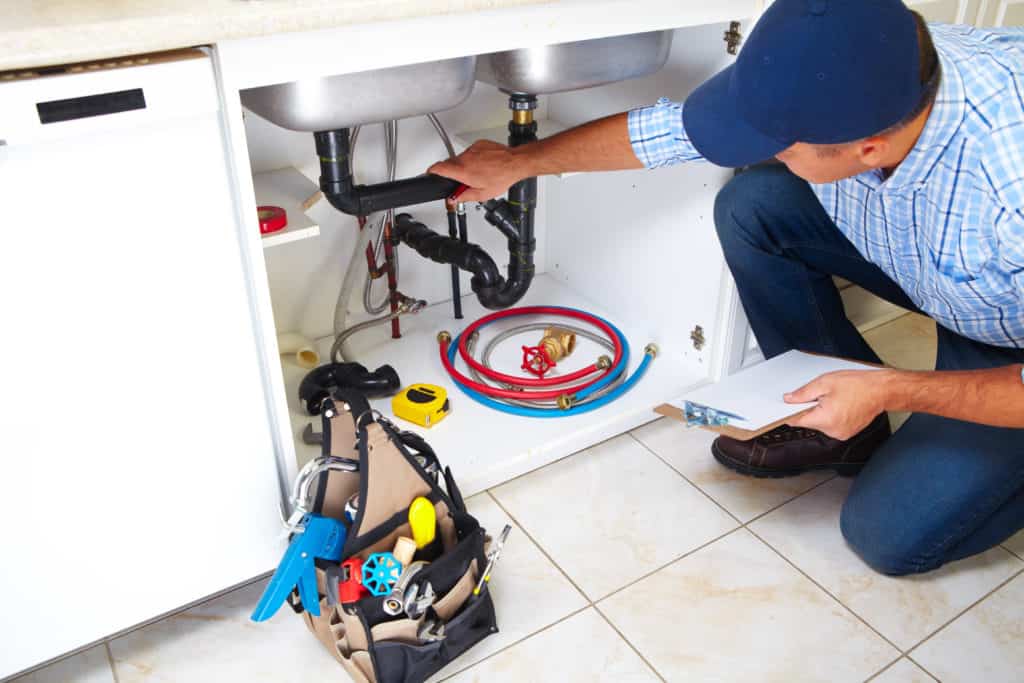Regulations and Standards for Plumbers in Indianapolis
When hiring a plumber in Indianapolis, it’s important to ensure that they adhere to the regulations and standards set by local and state authorities. This not only ensures the safety and quality of the plumbing work but also protects your rights as a consumer. Here’s an overview of the regulations and standards that plumbers in indianapolis must follow:
Licensing:
Plumbing Contractor License: Plumbers in Indianapolis are required to have a valid plumbing contractor license issued by the Indiana Professional Licensing Agency (IPLA). This license demonstrates that the plumber has met the necessary qualifications and requirements to perform plumbing work.
Permits and Inspections:

Permit Requirements: Plumbers must obtain permits for specific plumbing projects that involve installations, repairs, or modifications to plumbing systems. Permits are typically issued by the local building department.
Inspections: After completing plumbing work, plumbers are required to schedule inspections to ensure that the work complies with local building codes and safety standards.
Quality of Work:
Indiana Plumbing Code: Plumbers in Indianapolis must adhere to the Indiana Plumbing Code, which outlines the regulations, standards, and requirements for plumbing installations, repairs, and modifications.
Professionalism: Plumbers are expected to perform their work in a professional manner, ensuring that installations and repairs are done correctly and safely.
Health and Safety:
Cross-Connection Control: Plumbers must follow regulations related to cross-connection control to prevent contamination of potable water supplies. Backflow prevention devices may be required in certain cases.
Safe Materials: Plumbers must use approved and safe materials for plumbing installations, repairs, and modifications to ensure the health and safety of occupants.
Environmental Considerations:
Water Conservation: Plumbers are encouraged to promote water conservation by installing efficient fixtures and systems that reduce water wastage.
Consumer Protection:
Contract Requirements: When engaging the services of a plumber, a written contract is recommended. The contract should outline the scope of work, materials, costs, and payment terms.
Warranty: Plumbers may offer warranties for their work, and these warranties should be clearly stated in the contract.
Continuing Education:
Professional Development: Plumbers are encouraged to participate in ongoing training and education to stay updated on the latest plumbing technologies, regulations, and techniques.
Liability Insurance:
Insurance Coverage: Reputable plumbers should have liability insurance to cover potential damages or accidents that may occur during the course of their work.
Conclusion
It’s important to verify that anycholds a valid plumbing contractor license and is knowledgeable about local building codes and regulations. Request references, read reviews, and ask about their experience to ensure you’re hiring a professional who adheres to the highest standards of quality, safety, and ethics.

